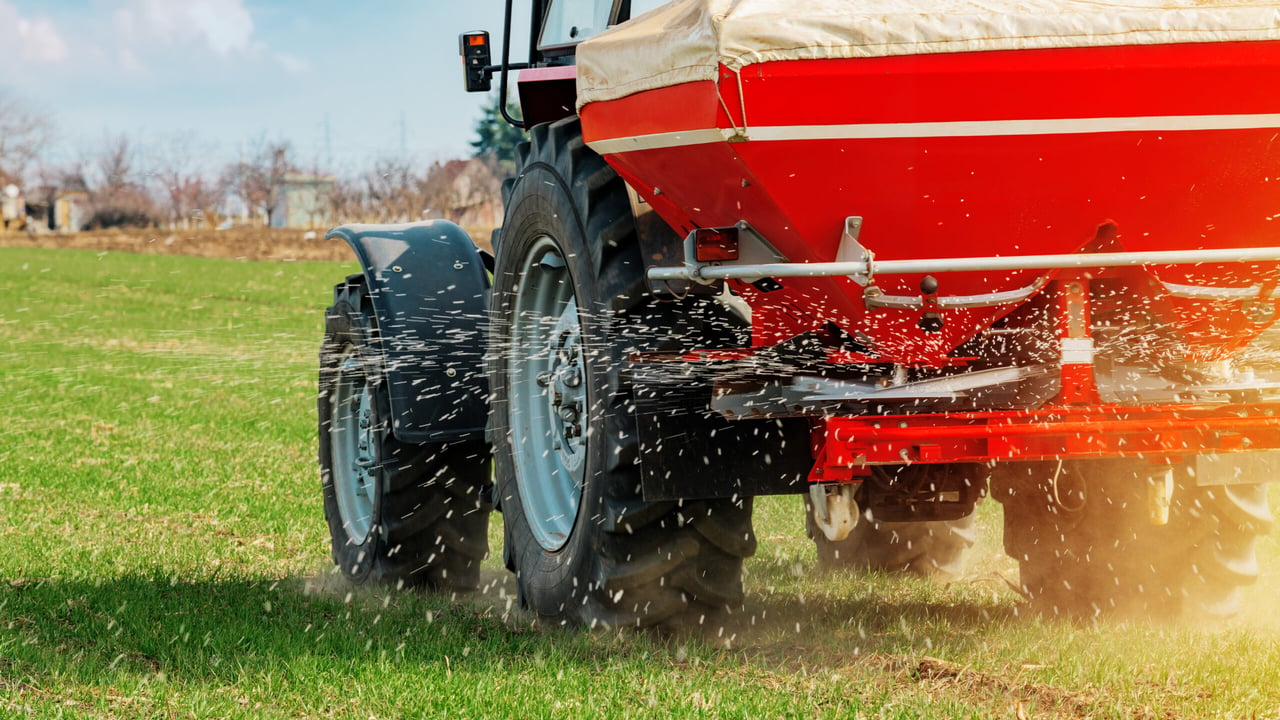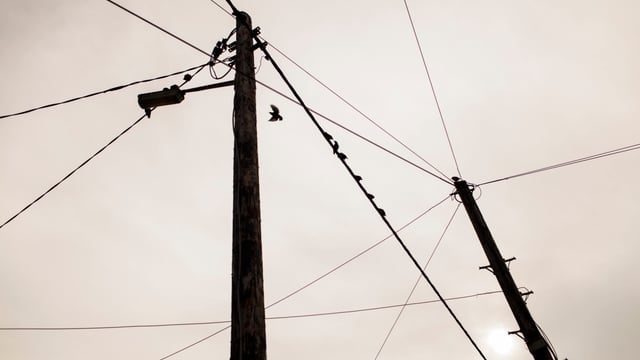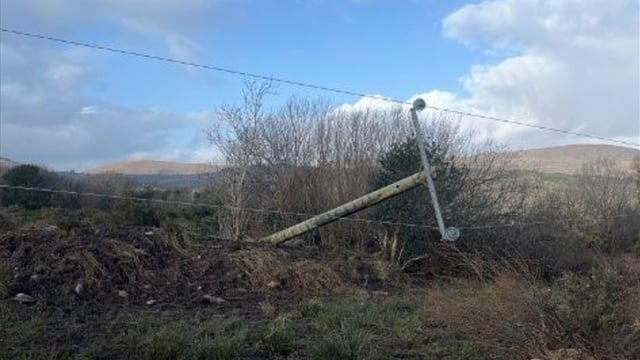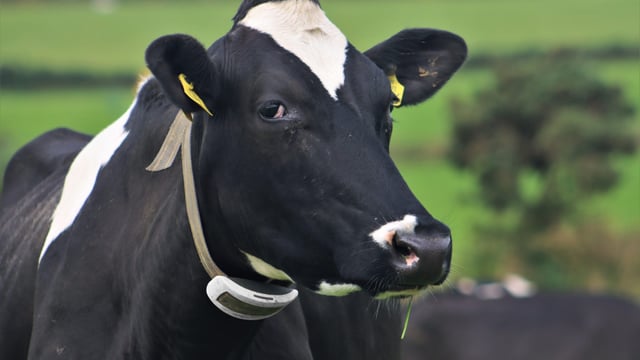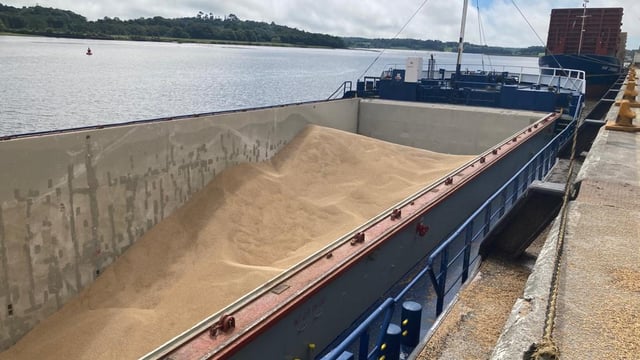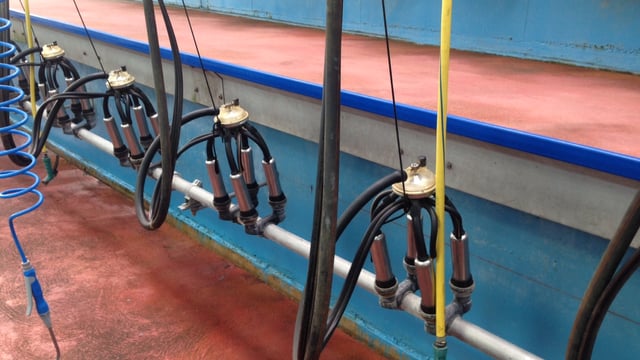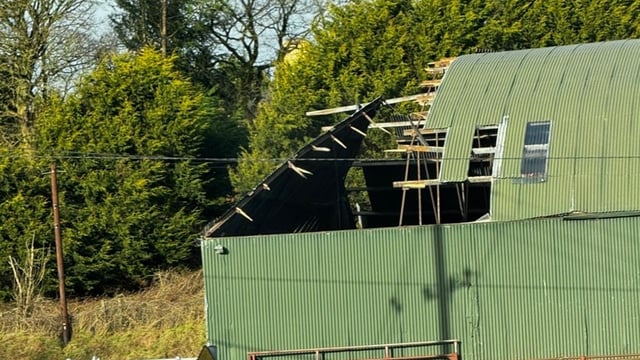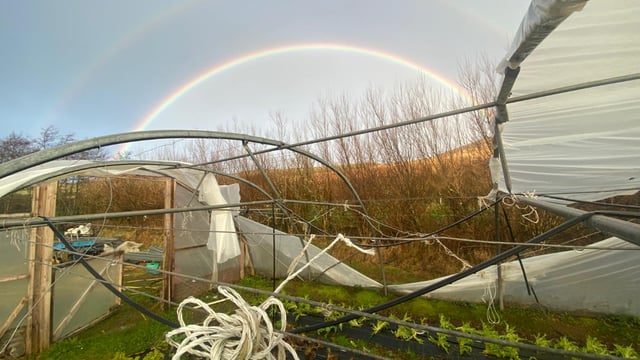EU Commission proposes tariffs on Russian fertilisers
The European Commission has adopted a proposal to impose tariffs on a number of agricultural products from Russia and Belarus, as well as on certain nitrogen-based fertilisers.
The commission’s proposal will now be considered by the European Parliament and the Council under qualified majority voting, under the Common Commercial Policy legal basis of Article 207 of the TFEU.
European Commissioner for Trade and Economic Security, Maros Sefcovic said: “These tariffs are carefully calibrated to serve multiple goals.
"We aim to weaken further Russia’s war economy, while reducing EU dependencies, supporting our industry, and preserving global food security.
"We will take every step necessary to protect our fertilisers industry and farmers," he added.
Tariffs on agri products
The agricultural products affected by the new tariffs constitute 15% of agricultural imports from Russia in 2023 that had not yet been subject to increased tariffs.
Once adopted by the European Parliament and the Council, all agricultural imports from Russia would be the subject of EU tariffs.
The aim of the proposal is to reduce dependencies on imports from Russia and Belarus. Such imports, particularly of fertilisers, make the EU vulnerable to potential coercive actions by Russia and thus present a risk to EU food security, according to the commission.
The tariffs are expected to also support the growth of domestic production and the EU's fertiliser industry, which the commission said has suffered during the energy crisis.
It will also allow for the diversification of supply from third countries, i.e., countries outside the EU.
The commission has said that this will help ensure a steady fertiliser supply and ensure that fertilisers remain available for EU farmers at an affordable price.
The proposal includes mitigating measures, should EU farmers see a substantial increase in fertiliser prices.
The tariffs are expected to negatively impact Russian export revenues therefore impacting Russia's ability to continue aggression against Ukraine.
Russian agricultural and fertiliser exports to third countries remain unaffected.
The transit of all agricultural products and fertilisers from Russia and Belarus to third countries remains unaffected by these measures, in line with the EU's commitment to promoting food security globally, in particular for developing countries.
This means that the buying and selling operations of Russian agricultural products remain unchanged, as does their storage in EU customs warehouses, transportation on EU vessels, or the provision of insurance and financing services.
The commission's proposal will now be considered by the European Parliament and the Council.

